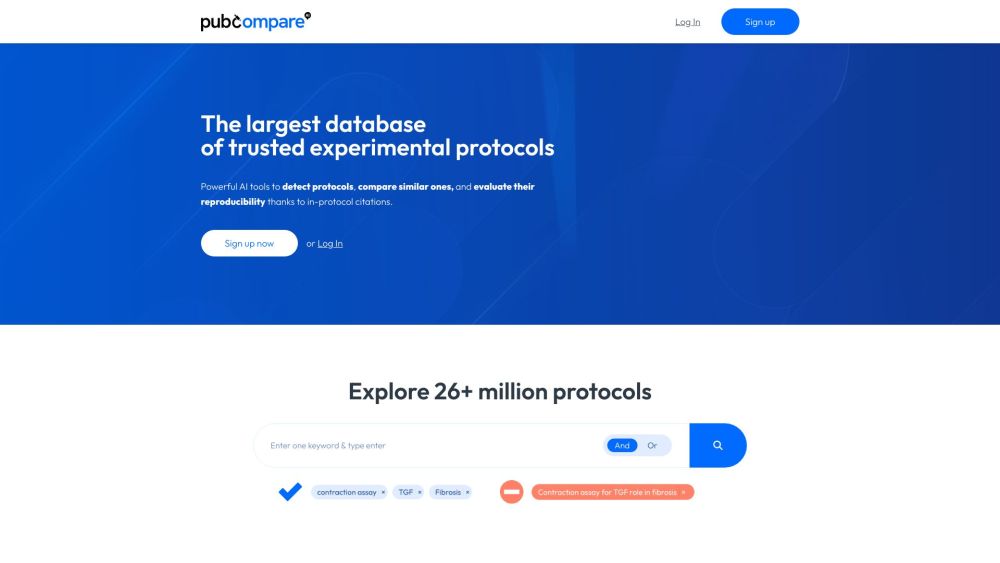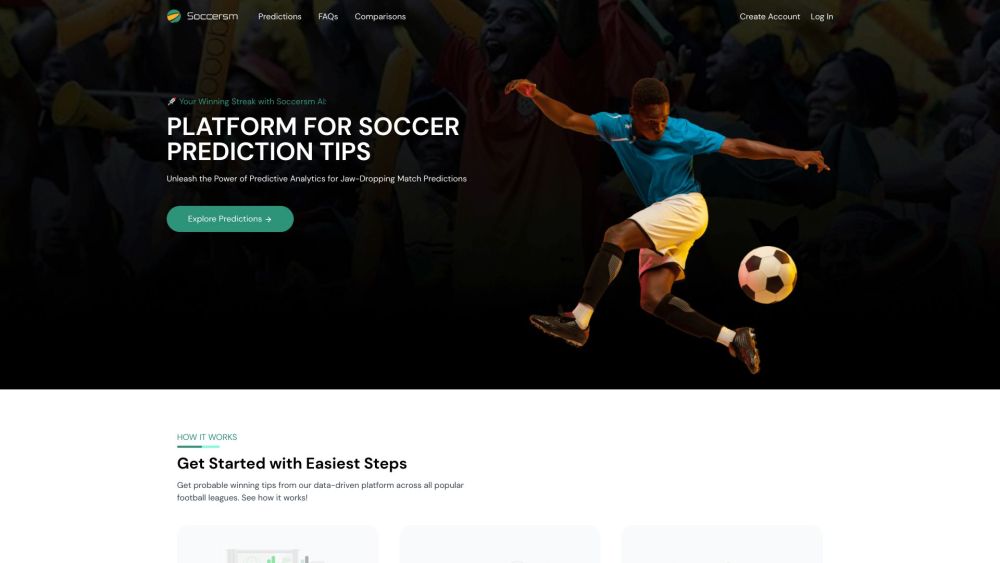Customer service is the backbone of successful businesses across various sectors. When executed effectively, it fosters long-term relationships and brand loyalty.
However, despite technological advancements in recent years, customer experience (CX) has faced a decline. Many customers struggle to receive timely assistance when reaching out for help.
Introducing Zingly
Zingly, a California-based startup, has emerged to tackle this challenge using the power of AI and data. The company recently announced $10 million in seed funding led by WestWave Capital, with contributions from Dell Technologies Capital, Scribble Ventures, Formus Capital, and others.
While many companies focus on leveraging AI to assist customer service agents, Zingly is shifting the focus directly to end customers. The startup has created an AI-powered collaborative space that alleviates the frustration of long wait times associated with traditional automated voice response (IVR) systems and rigid chatbots that fail to grasp nuanced issues.
Though in its early stages, Zingly is already delivering positive results for its initial customers.
Addressing the CX Problem
In a world where hundreds of thousands of brands serve billions of customers, the scale of customer service challenges has become daunting. Traditional IVR systems, while costly, often leave customers without timely support. Chatbots, although scalable, frequently lack personal touch, alienating users.
Gaurav Passi, a former employee of Avaya and Amdocs, experienced these CX issues first-hand. He teamed up with thought leaders from Five9, Talkdesk, and Glia to launch Zingly. The company offers a collaborative environment where agents can engage with customers while leveraging AI and data.
“There are approximately 16.5 million call center agents globally, managing billions of customer interactions. The frustration tied to conventional calling systems and inflexible chatbots has bred a reluctance among customers to reach out,” said Passi. “Zingly represents a significant advancement by prioritizing personalization without sacrificing scalability.”
Zingly provides a low-code platform that seamlessly integrates with existing technologies—CRM, contact center systems, and customer support tools—streamlining customer data into an intuitive interface corresponding to the brand’s app or website.
When customers click the contact button, they access a comprehensive panel detailing their journey with the brand, including past orders, case history, and a user-friendly option to initiate a Zingly Room for personalized support.
Once inside the Zingly Room, users are greeted by Buddy, a generative AI assistant designed to understand and respond to user issues while allowing photo and video uploads. Buddy attempts to resolve problems independently, but if necessary, it flags the room for human intervention through call or chat.
Seamless Agent Collaboration
Zingly employs its proprietary Relationship AI to evaluate conversation parameters, determining when to involve human agents. Once engaged, the agent is notified and can access the complete customer history in real-time, using AI-generated responses for a smoother interaction. They can also involve technical experts to tackle intricate issues and initiate follow-up processes, such as payments or scheduling visits.
Customers can close their own cases when issues are resolved. If a problem persists, they can easily reopen the room and continue where they left off, eliminating previous reliance on agents for such tasks.
Future Impact
Although Zingly's approach is innovative, the effectiveness of its technology in the real world remains to be seen, especially with the emergence of next-gen AI chatbots. Unlike competitors, Zingly allows customers to control their interactions and view their relationship with the brand in a detailed manner.
Zeus Kerravala, principal analyst at ZK Research, highlights the significance of this model: “Zingly reimagines brand-customer dynamics. Incremental improvements to CX were insufficient; deep technology that intelligently combines data, GenAI, and human inputs is essential for a true revolution.”
Currently, Zingly is concentrating on high-value sectors like financial services, healthcare, and product companies. One of its early clients, a Fortune 500 provider, has leveraged the platform on its Salesforce and Avaya systems, successfully engaging five times more customers compared to traditional methods, while reducing average conversion time from 60 days to 18. This shift has resulted in tens of millions in revenue growth.
Zingly's technology also holds potential for crucial business functions such as customer acquisition and onboarding. The company is focused on expanding its capabilities, planning to double its workforce in data science, engineering, sales, and marketing before year-end.





